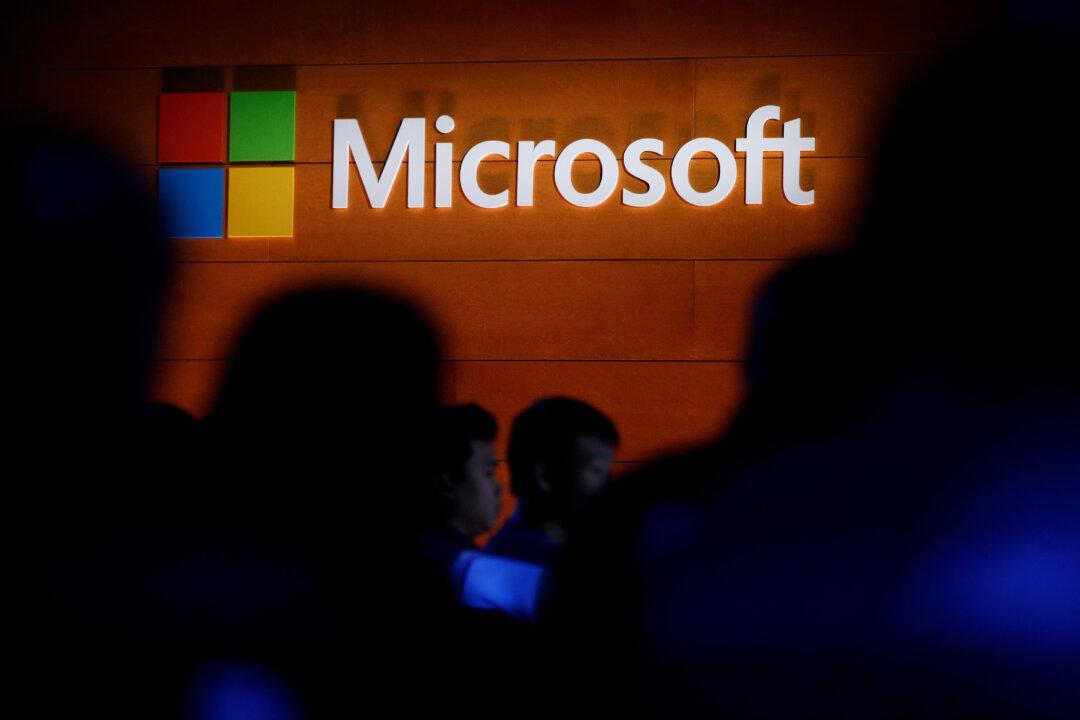The European Banking Authority (EBA) is the latest victim of a large-scale cyberhacking attack connected to the Chinese regime against Microsoft’s email and calendar server.
Early last week, Microsoft announced via a blog post that Hafnium, a state-sponsored hacking group operating from China, exploited flaws in its Exchange Server software. Three versions of the software were affected—2013, 2016, and 2019—and the U.S. software giant released emergency security patches to address the security holes.




